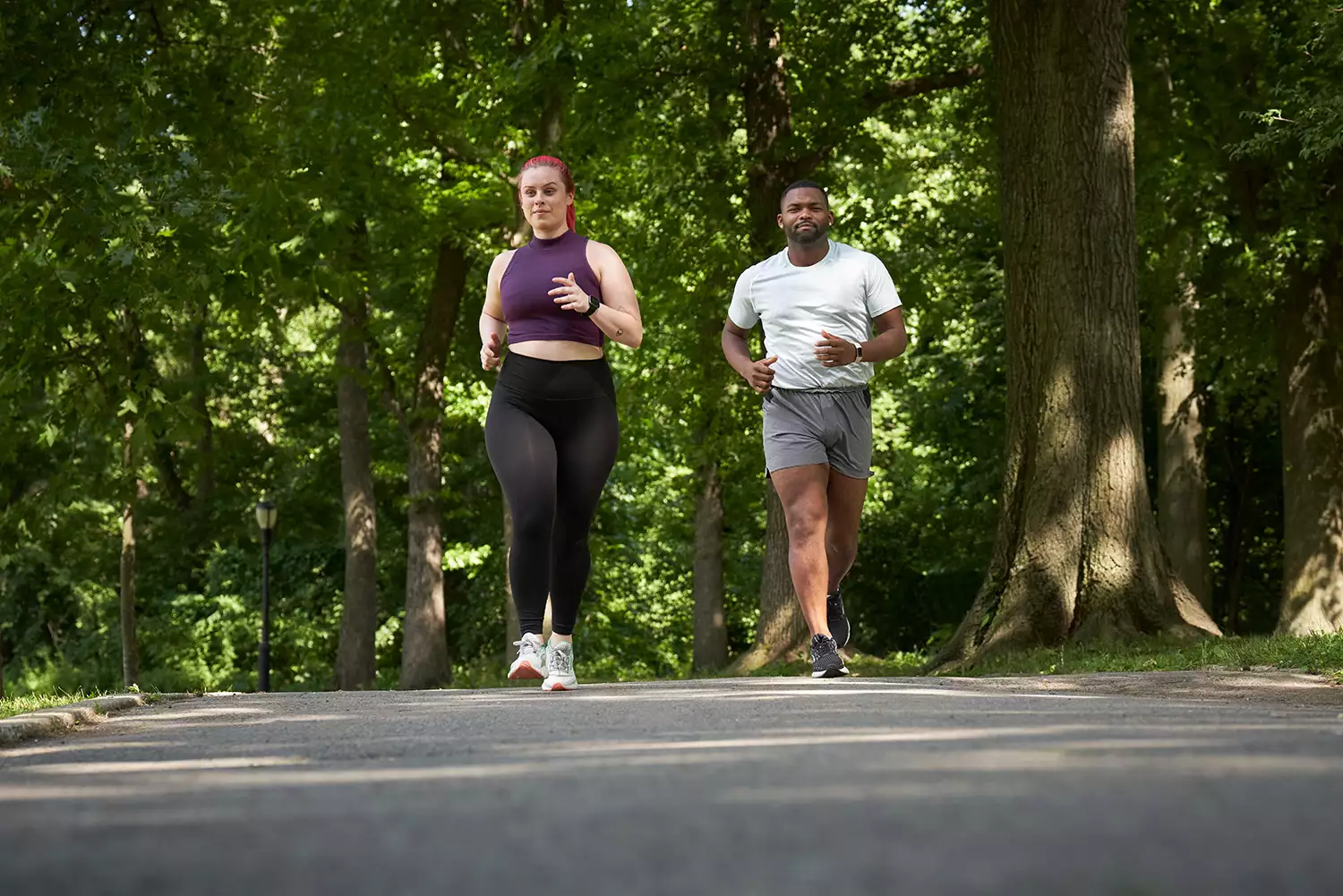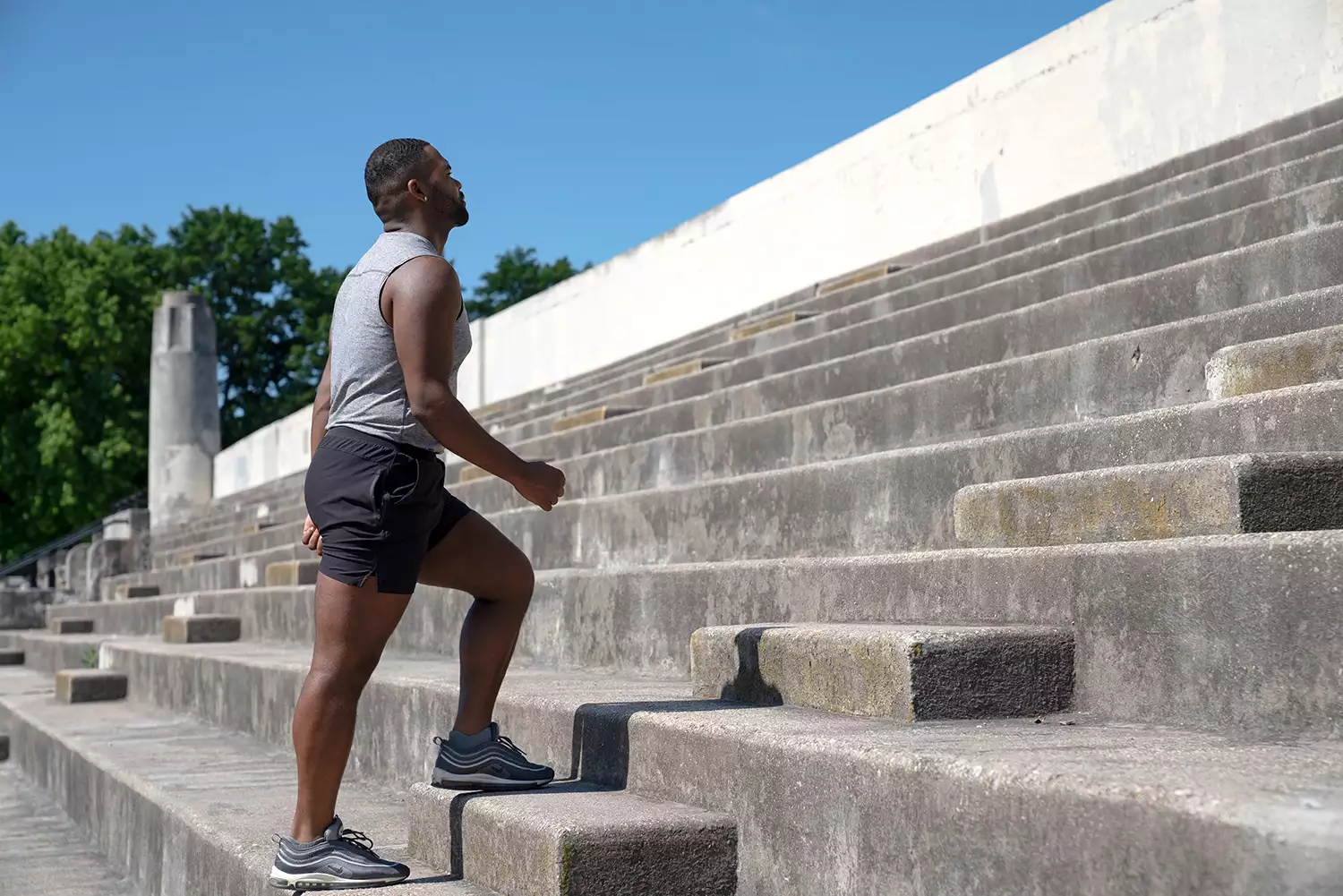Runners enjoy the intensity of their sport. And walkers say their activity is much better for joint health. Which form of workout should win the walking vs. running debate?
There are arguments for and against walking and running for workout. However when you’re attempting to drop weight, there are extra factors to consider. Ensure you collect all the facts before you choose to stroll or run.
Strolling vs. Running: The Research
A 2013 study examined information from the National Runners’ and Walkers’ Health Study. It compared weight modification and workout levels in nearly 50,000 individuals who had been either running or strolling for many years.1.
The research study found that walking caused weight-loss for nearly everybody in the study. However, running was more efficient at dropping pounds for guys in general, and for women beginning with the most pounds.
Still, for both males and females in the biggest weight classification, strolling caused about half the weight reduction of running– nothing to sneeze at. Another unexpected twist: walking was practically as effective as running for ladies in all other weight classifications in the research study.
If quick weight loss is your goal, running is a clear choice– if you can do so securely. The heaviest runners in this research study saw 90 percent greater weight-loss per energy expended when running as compared to walking.
The Bottom Line.
The bottom line is that both walking and running lead to weight loss. Walking is still a terrific method to get started with an exercise program and it’s far more suitable to no workout at all.

What’s Best for You?
If you’re starting from a location of little to no activity, walking is an excellent choice. As soon as you have a routine walking program in place, efforts to burn calories with a wise strolling program will pay off.
As you end up being more fit, or if you are already handling higher-intensity exercise, you’ll gain from gradually including more difficult exercises like running, power walking, or interval training into your schedule. Because it’s common to overcompensate on calories after workout, try to keep your food consumption the same as you do so.
While running might cause more considerable weight reduction, especially in guys and in women bring the most pounds, running isn’t the best weight-loss exercise for everyone. Strangely enough, running can even cause weight gain in some circumstances.
Good practices start by executing little changes in time, so start slowly and just increase your range and energy expense as you end up being comfortable. If you run too quick or include miles too quickly, you can also quickly exaggerate it and end up being injured.2 It’s tough to burn sufficient calories for weight reduction when you’re recuperating on the sofa.
Is Walking or Running Better for Weight Loss?
Information suggests that running can result in more pounds lost for those who can do it regularly. Nevertheless, both strolling and running supply benefits for weight loss and enhanced general health. The very best workout for weight-loss is the one that you really do regularly. What matters most is consistency, no matter whether you’re strolling or running.3.
If you are slimming down successfully with a walking program, then stick with it. Try to get out and stroll most days of the week. Despite your speed, just lace up your shoes and hit the trails.
If you wish to lose more weight, include some hills or a few strolling periods to increase strength and burn more calories. You can also schedule more than one walking exercise per day because the activity isn’t too laborious.
And if you like to run, then keep pounding the pavement as long as your joints remain healthy. Hills are a terrific alternative for runners, as are speed intervals.4.
Add some cross-training (like strength exercises, swimming, boot camp-style workouts, or cycling) to remain motivated and offer your body a break from the miles you go to the road. You can even toss a couple of strolling workouts into your running routine to boost hip health and work your glutes.
In the walking vs. running argument, both exercises win. Either way, you’ll burn calories, build strength, decrease stress, and do good for your body.



